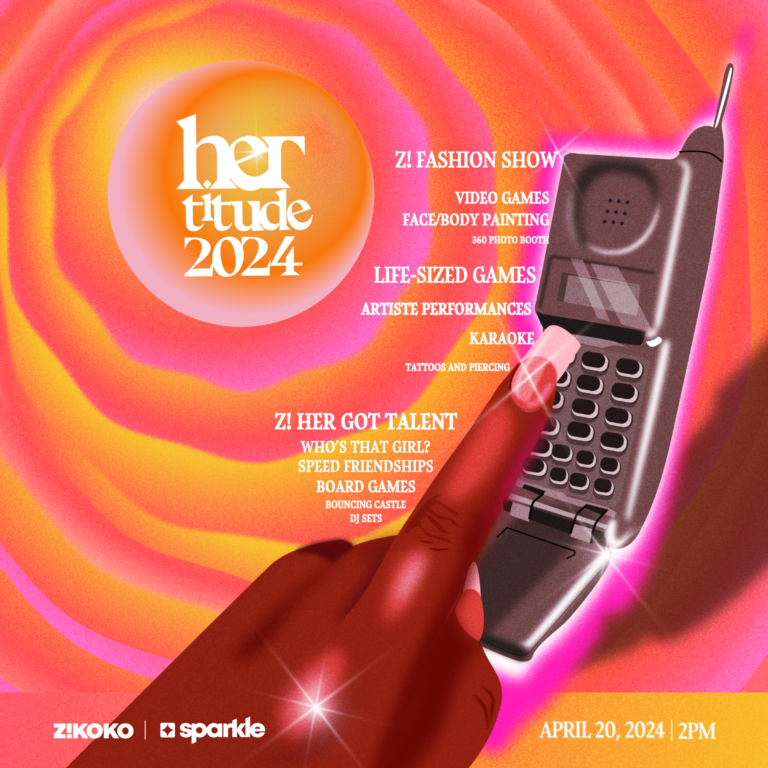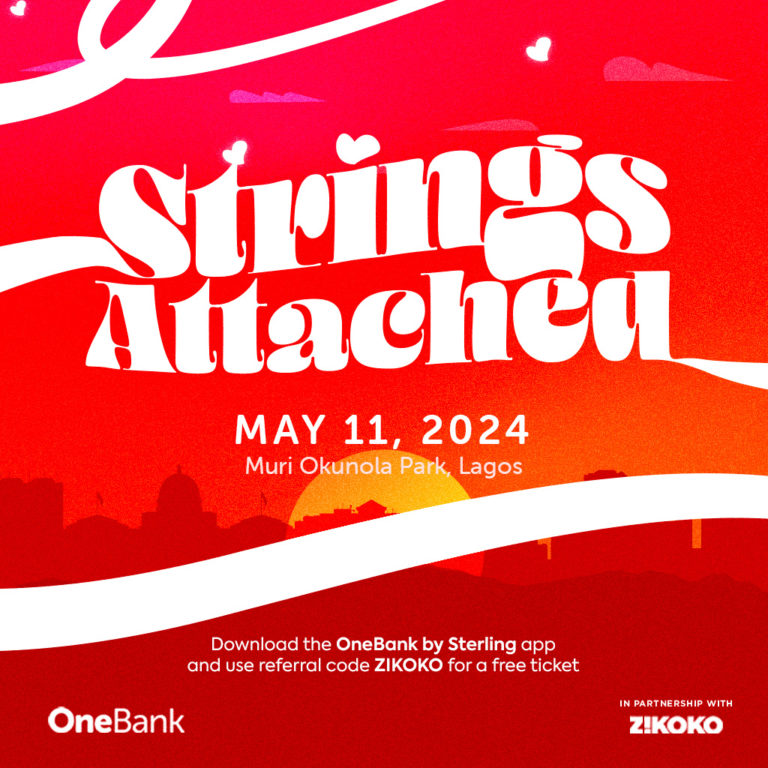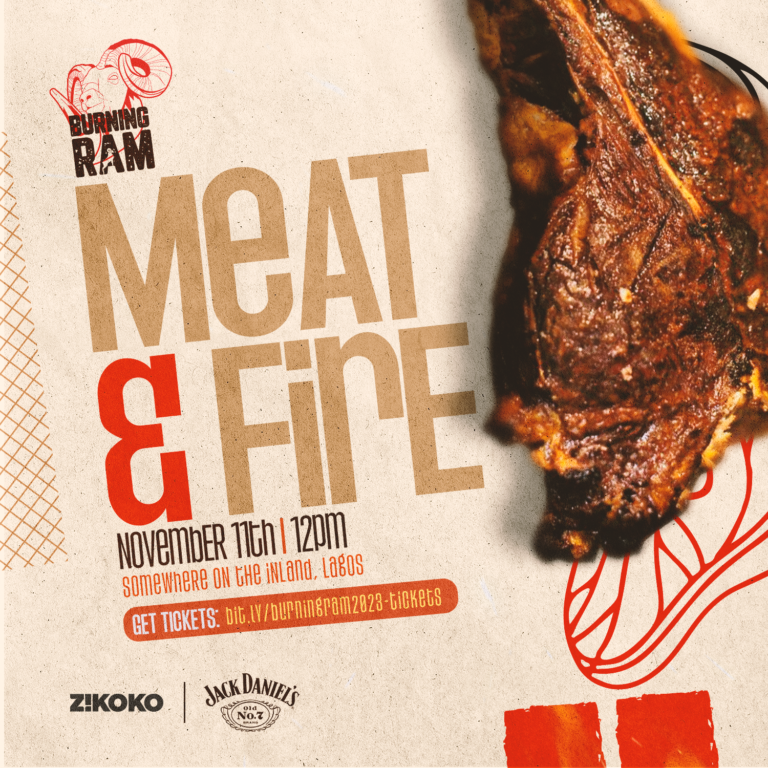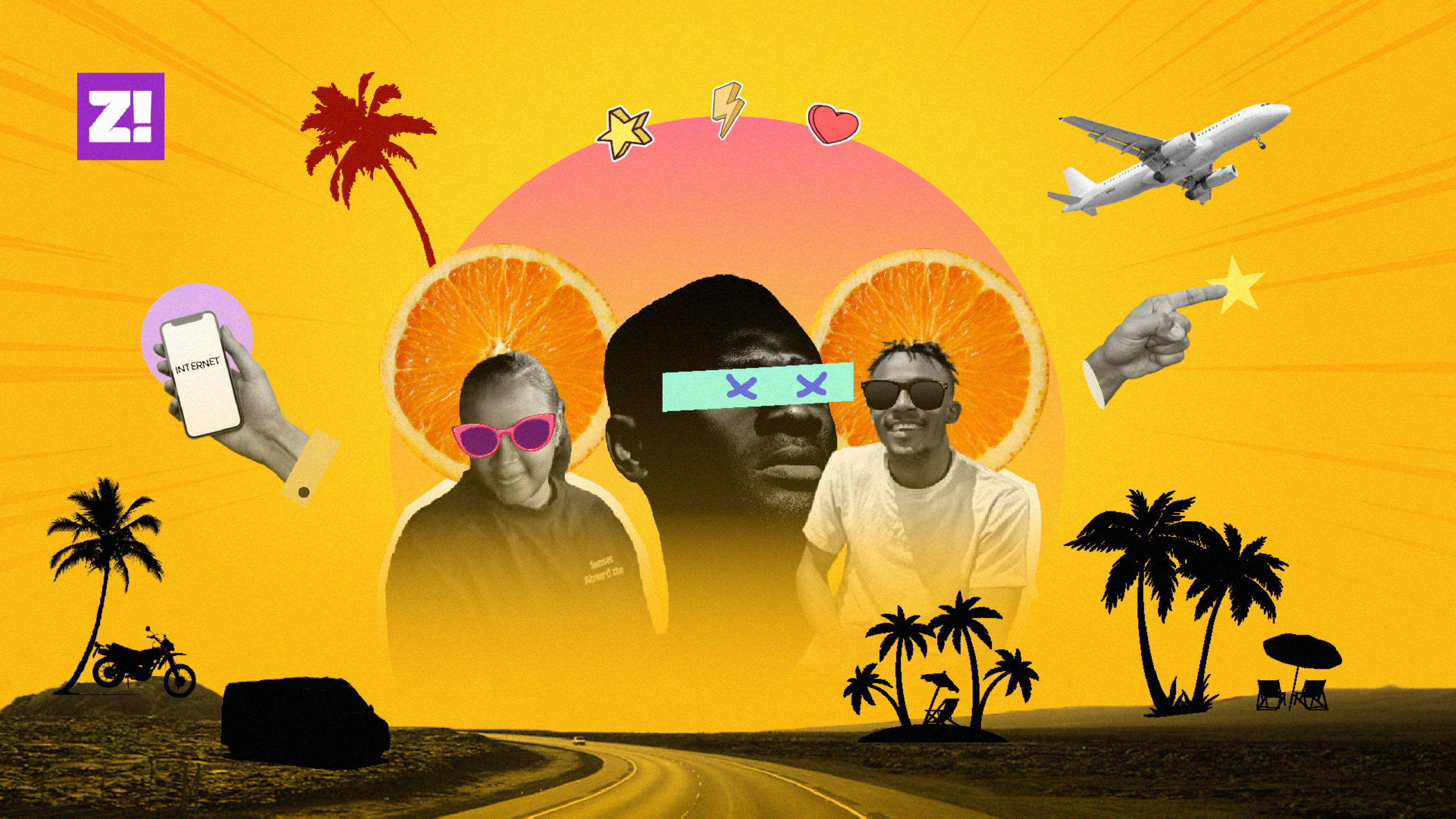The subject of this week’s What She Said is Amaarae, a 26-year-old Afro-fusion musician. She talks about how her relationships shaped the person she is now, her newly-released album and what it’s like being managed by her mum.
How would you define your music?
Three words: confidence, fearlessness and freedom of expression. I had described my album on Twitter once as “Nonstop incantations and affirmations for bad bitches.” For me what that meant was I found how I wanted to express myself and what I wanted my message to be through working on this project. I just want to share that with my audience. Whether you’re male or female, it’s supposed to make you feel good — like you can achieve and conquer.
Tell me about confidence. Why is that a specific reaction you want people to have?
In this life, confidence is the driver to anything — you can do anything you want once you have it. Without it, you can’t talk to that guy you want to talk to or apply for that job and feel like you can get it. It’s the foundation to manifesting the things you want. And without knowing the things you want, you don’t really know who you are.
Sensei, how did you come upon this knowledge?
It’s not something I always knew, but as I’ve grown, I’ve learnt why it’s necessary to have confidence. One of the biggest lessons I learned is I’m not defined by my losses; they’re simply learning experiences for me to try again and succeed the next time. As I’ve grown, I’ve learned that confidence is what it takes — if i don’t trust myself, I can’t trust anyone else.
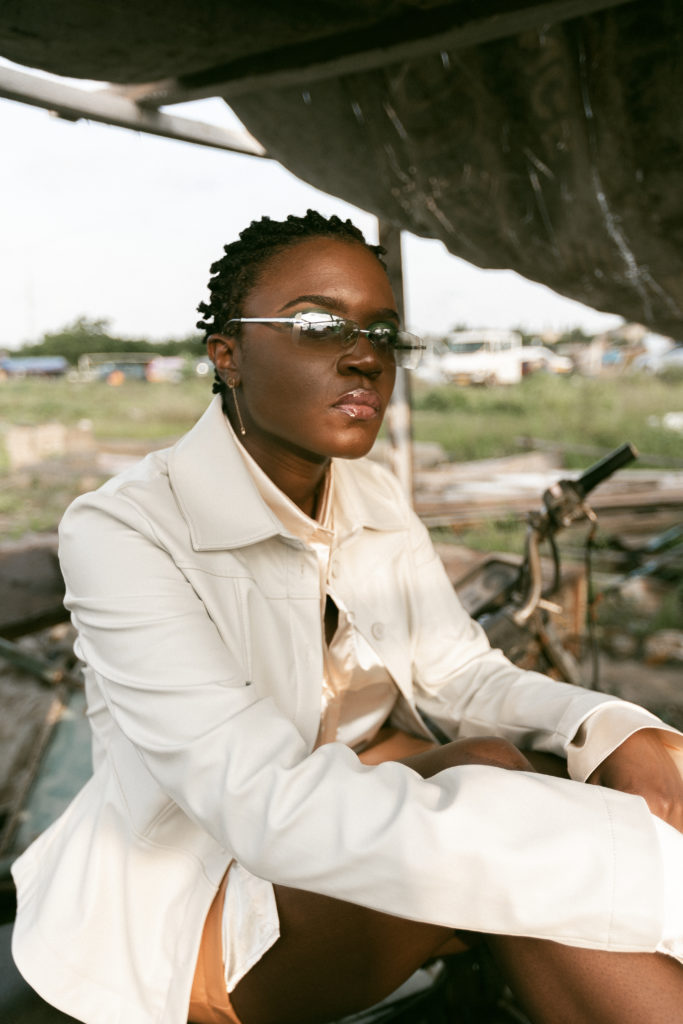
What is femininity to you?
It’s understanding oneself and one’s essence of being — knowing what you want, how you want it, and understanding how to wield your power in the way that is most comfortable and valuable to you. Femininity is being a caregiver to yourself, then being able to pour into others in a healthy and constructive way. I think femininity is the greatest thing or essence that one can have — even men can tap into their femininity. It’s an energy that transcends all other energies in my opinion.
It seems like you have a really strong sense of self. A lot of people struggle with this. How did you get there?
This is something I’m still working on, but I got here by making a lot of mistakes and learning from them.
At some point last year, something just changed in me. I started to understand and realise my power as a woman and a human being. Also, I’ve had a lot of time to reflect in this period, and I’ve come to understand my past mistakes and lessons. How I got to this point — it’s just happening as I’m evolving.
Tell me about some of these mistakes.
Haha. I can’t say in a broader sense, but I’ve learnt from my relationships — romantic and work relationships, friendships. People I’ve spent time with, people I’ve been in love with, friends that I’ve lost and gained and work relationships have defined my learning process and my growth. I’ve made mistakes in all of those that have led me to this point.
People don’t live in a vacuum. How do people react to your strong sense of self?
The reactions differ, but within the music space and my peers, they have a lot of respect for me. Sometimes people are confused by a woman just knowing what she wants and having the confidence to say “I don’t want this this way, I want it that way.” I work with sound engineers and they always tell me they appreciate how picky I am, my understanding of their line of work and how I’m able to communicate clearly what I want. Sometimes clear communication confuses people.
Overall, I don’t think I wield my power in a way that is offensive or unsafe. For the most part, I respect people and they respect me. Those that have issues with me; we don’t come in contact at all or just steer clear of one other.
I’m glad for that. How do you communicate with your mum?
My mum and I are very similar but also very different. We’re both organised and goal-oriented people, but our execution is quite different. My approach is radical and in your face like kicking someone in the balls, whereas she is calculated and poised; she’ll think of covert ways to achieve a certain narrative, so we clash on that front.
We have our ups and downs like every other relationship, but I will give her the credit for being supportive and intelligent. Her ability to grow and change with the times… My mum didn’t want me to be an artist, but as she grew, she realised it was totally okay. After that, not only did she support me, she invested her self, time and energy into it as well.
I would say that working together has brought closer. She’s worked in business her whole life but didn’t know anything about music management. Three years later, she’s learning even faster than I am. It’s great to watch.
What’s your favourite memory of your mum?
She used to take me to this French Bistro as a kid, and she’d buy me pastries and hot chocolate. Every morning, during summer holidays. She’d teach me table manners, and it was an activity I enjoyed because I knew I was getting pastries and hot chocolate after.
As my manager, it’s not a memory per se; it’s an experience — she fights hard for me, for the things I want and is very protective of me as an artist. I appreciate that because it’s nice to know there’s someone at my side that has my interests at heart 100%.
I’m curious. Where did you grow up?
Ghana, Atlanta, New Jersey. Shortly after my parent’s divorce, my mum decided to get her master’s, so we moved to Atlanta and after school, we moved to New Jersey because she got a job in New York. After two years, I think she got tired and wanted us to grow up around our roots and culture, so we moved back to Ghana when I was 14.
That’s the story — new opportunities and beginnings. It’s one thing we have in common: we’re always trying to find new challenges to elevate ourselves.
What do you stand for? Or as Hamilton said, if you stand for nothing, what do you fall for?
I think the correct line is if you stand for nothing you can fall for anything.
So you didn’t watch Hamilton.
No. I stand for freedom and freedom of expression — allowing people to be themselves as long as it’s not harmful to anyone. I had a parent that allowed me to express myself whether she agreed with it or not. Mentally, creatively, emotionally, it helped me understand the world. It also helped me to not be pigeonholed — I believe anything is possible.
Freedom; that’s my cause.
Okay. What would success in the scope of freedom mean?
Success, ha. That would be when women in Africa are given the tools to be great. I want to see science and tech centres run by young African women. I want to see young successful African women that are film directors, music producers, song writers, sound engineers, rocket scientists. Success would be when I can use my platform to enable that type of growth within our community.
Living here [in Ghana] and living in America are two different experiences. In America, no matter where you come from, there are possibilities and chances to become the next big rocket scientist or neurosurgeon. You can earn that. But here, once you don’t have connections or a financial background that allows you that, you get stuck. That shouldn’t happen at all.
Did you have any of these issues when you were building your brand?
Nah. My mum is my support system in many ways. I was lucky because she was able to put herself through college, an MBA and build her life to the point where she can guide and mentor me. I don’t think I’ve faced as many challenges as would someone who didn’t have that privilege.
I’m glad for your mum o.
Haha.
Do you have any questions you want me to ask?
No, I think we’ve crossed all the items on the list. Although, I really want to be interviewed for your sex column. It’s the best in Africa.
Okay. I’m texting Daniel now to make this happen.
Haha, thanks.

